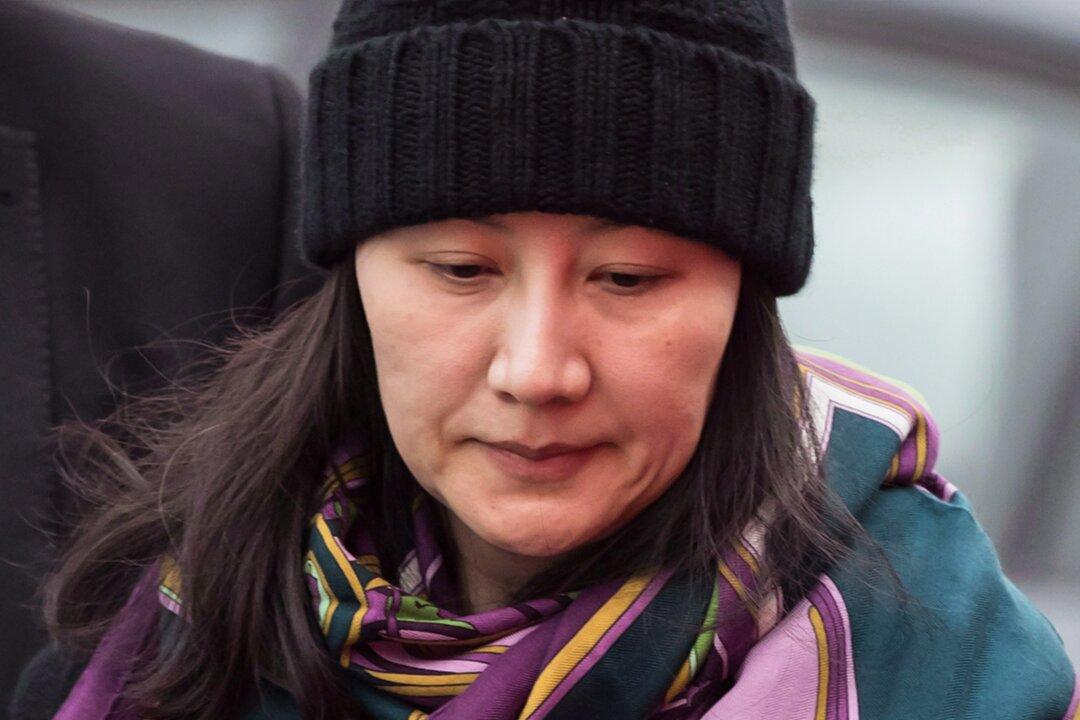VANCOUVER, British Columbia—The first stage of an extradition hearing for a senior executive of Chinese telecom giant Huawei begins on Jan. 20 in a Vancouver courtroom, a case that has infuriated Beijing and caused a diplomatic uproar.
Canada’s arrest of chief financial officer Meng Wanzhou, the daughter of Huawei’s founder, in late 2018 at America’s request shocked Beijing.





